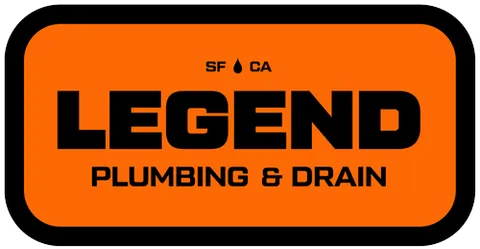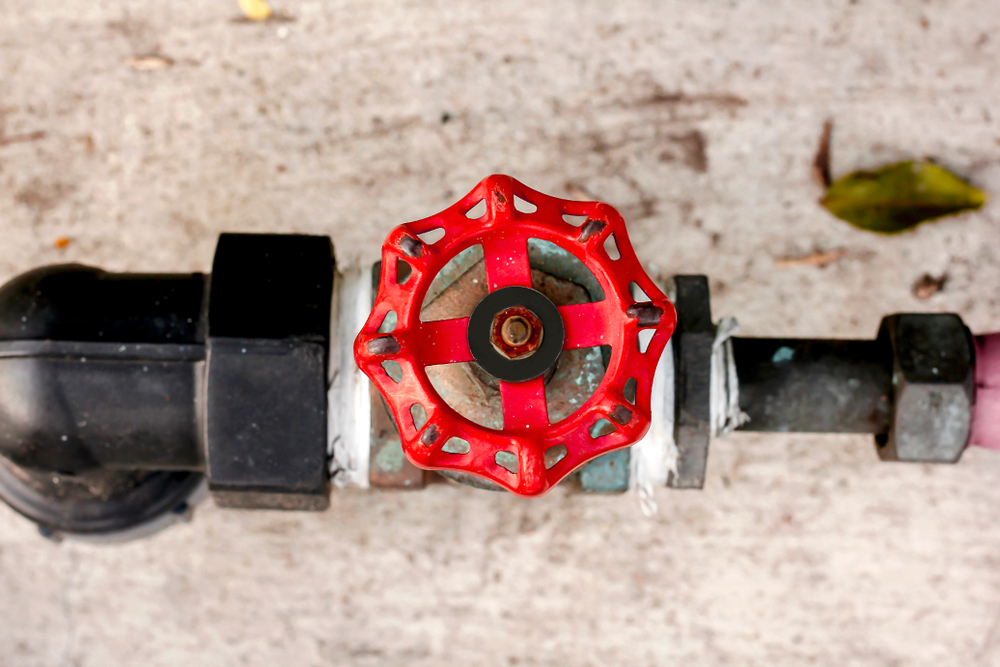Why California Insurance Companies Require Shutoff Valves
In recent years, the insurance landscape in California has undergone significant shifts, driven by an increase in natural disasters, aging infrastructure, and rising property damage claims. One of the measures that insurance companies have emphasized for homeowners and commercial properties is the installation of shutoff valves. These valves, particularly for water and gas lines, play a critical role in protecting properties from extensive damage caused by leaks, breaks, and environmental hazards. Understanding why shutoff valves are becoming a required standard can help homeowners stay compliant and potentially save thousands of dollars in damages.
The Growing Threat of Property Damage in California
Natural Disasters and Infrastructure Vulnerabilities
California is prone to various natural disasters, including earthquakes, wildfires, and flooding. Earthquakes, in particular, pose a significant risk to gas and water lines. A sudden seismic shift can cause pipes to rupture, leading to uncontrolled gas leaks or flooding that can destroy properties in a matter of minutes. Shutoff valves act as a safeguard, limiting the damage by automatically cutting off the flow when irregular pressure or leaks are detected.
Rising Incidents of Water Damage
Insurance companies have seen an alarming increase in water damage claims across California. Common causes include aging plumbing systems, frozen pipes in colder regions, and unaddressed leaks that escalate over time. Water shutoff valves can mitigate these issues by either automatically shutting down the water supply or enabling homeowners to do so remotely, preventing minor leaks from turning into catastrophic events.
Types of Shutoff Valves Required by Insurance Companies
Water Shutoff Valves
Many California insurers now require automatic water shutoff valves for both residential and commercial properties. These devices detect abnormal water flow or pressure drops and close off the water supply when a leak is detected. Some advanced models even come equipped with smart home integration, allowing homeowners to receive alerts and manually shut off water remotely through an app.
Key Features of Modern Water Shutoff Systems:
- Smart sensors for leak detection
- Remote access via mobile apps
- Automatic shutoff upon detecting irregular water flow
Gas Shutoff Valves
Earthquakes are a primary reason that insurance providers insist on the installation of seismic gas shutoff valves. These valves automatically stop the flow of gas when seismic activity reaches a certain magnitude, typically 5.4 or higher. This prevents the risk of fires and explosions, which can occur when gas lines are damaged during an earthquake.
Types of Gas Shutoff Valves:
- Seismic Shutoff Valves: Triggered by seismic activity.
- Excess Flow Valves: Activated when gas flow exceeds normal levels, indicating a rupture.
Regulatory Requirements and Incentives
California Building Codes
California building codes have progressively incorporated shutoff valve requirements, particularly in high-risk zones. Many municipalities mandate the installation of seismic shutoff valves during major renovations or new constructions. Insurance companies often align their policy requirements with these local codes, reinforcing the importance of compliance.
Insurance Discounts and Rebates
To encourage property owners to adopt safety measures, some insurance companies offer policy discounts for installing approved shutoff valves. This can result in a reduction in annual premiums, making the upfront investment worthwhile. Additionally, some municipalities and utility companies offer rebates for installing seismic gas shutoff valves, further incentivizing property owners.
Benefits of Shutoff Valves for Homeowners and Insurers
Minimizing Property Damage
The primary advantage of shutoff valves is the prevention of extensive damage from leaks or breaks. A burst water pipe can release hundreds of gallons of water in a short period, while a gas leak can lead to devastating fires. Automatic shutoff valves stop the flow of water or gas before the damage spirals out of control, significantly reducing repair costs.
Enhancing Safety
For homeowners, the peace of mind that comes from knowing their home is protected during emergencies is invaluable. Automatic shutoff valves add an extra layer of safety, especially for vulnerable populations, such as the elderly, who may not be able to quickly shut off valves manually.
Reduced Insurance Claims
From the insurer’s perspective, shutoff valves lower the likelihood of large payouts for water and fire-related claims. By requiring shutoff valves, insurance companies can minimize their risk exposure, resulting in more sustainable policies for both the insurer and the policyholder.
Common Concerns About Shutoff Valve Installation
Cost of Installation
One of the most common concerns among property owners is the cost associated with installing shutoff valves. Depending on the type of valve and the complexity of the installation, costs can range from a few hundred to several thousand dollars. However, these costs can often be offset by insurance discounts, rebates, and the long-term savings from preventing damage.
Compatibility with Older Plumbing Systems
Older homes may require additional upgrades to their plumbing or gas lines to accommodate modern shutoff valves. While this can add to the expense, it also improves the overall safety and efficiency of the home’s infrastructure.
Maintenance Requirements
Some property owners worry about the maintenance of automatic shutoff valves. However, most modern systems are designed to be low-maintenance and come with long warranties. Regular checks and periodic testing can ensure the valves remain in working order.
How to Choose the Right Shutoff Valve
Assessing Property Needs
Choosing the right shutoff valve begins with an assessment of your property’s specific needs. Factors to consider include:
- Location: Homes in seismic zones should prioritize seismic gas shutoff valves.
- Age of Plumbing: Properties with older pipes may benefit from advanced leak-detection water shutoff systems.
Comparing Brands and Features
When selecting a shutoff valve, compare brands based on features, customer reviews, and compatibility with smart home systems. Leading brands often provide warranties and customer support, making them a safer investment.
Professional Installation
Hiring a licensed professional to install shutoff valves is essential to ensure compliance with local codes and insurance requirements. Improper installation can render the valve ineffective and may void any insurance benefits or rebates.
Conclusion
The requirement for shutoff valves by California insurance companies is a proactive measure aimed at reducing the impact of natural disasters and infrastructure-related incidents. These devices not only protect properties from catastrophic damage but also provide homeowners with peace of mind and potential savings through insurance discounts. By understanding the importance of shutoff valves and choosing the right system for their needs, property owners can enhance their safety, comply with insurance mandates, and safeguard their investments. The initial cost of installation is a small price to pay compared to the potential financial and emotional toll of extensive property damage.
Need a Professional Plumber in San Francisco, CA?
Hi, I’m David, founder of Legend Plumbing and a proud native San Franciscan. I started this company to bring trustworthy, top-quality, and fairly priced plumbing services to our Bay Area neighbors. With over a decade of experience, my team and I are equipped to handle everything from quick fixes to major repairs—no job is too big or small. We’re here to make the process as simple and stress-free as possible with clear, practical solutions and a friendly, professional approach. If you’re facing a plumbing issue, don’t hesitate to reach out! Give us a call—we’d love to help and show you why we’ve earned the trust of so many in our community.

